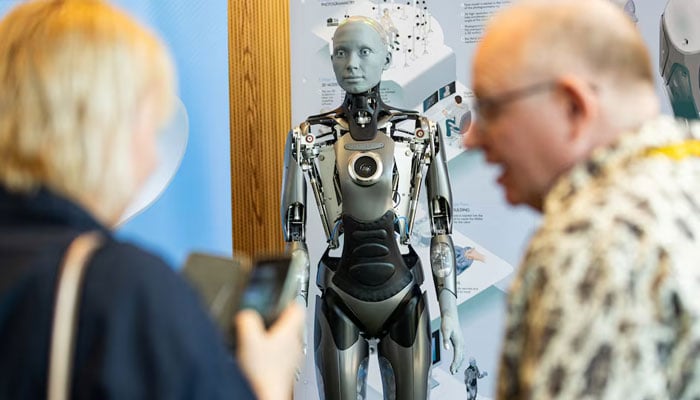What significant feature separates at least some car models made by Rolls-Royce, Bentley, Bugatti, Aston Martin, Ferrari, Lamborghini, and Koenigsegg from those made by Honda, Toyota, Volkswagen, Peugeot, Hyundai, Kia, Audi, BMW, and many others? The former are, in some part at least, handmade and even bespoke, making them expensive luxury goods in stark contrast to the latter, which are mass-produced and can be had by just about anyone. Greater automation enables the mass production of goods to achieve greater efficiencies and allows pricing them within the purchasing power of more consumers. However, that also makes those goods less exclusive and lacking in customisation.
Thus, the old way of making and doing things becomes an exclusive niche for those who can afford the cost of inefficiency for the artisanal personalisation and customisation it allows. For the cost-conscious, there are the efficiently mass-produced, cookie-cutter alternatives. This has been the fate of many goods.
In every category – clothing, textiles, shoes, bags, watches, jewellery, kitchen and tableware, food, beverages, furniture, artwork, decor, musical instruments, etc – in each one can find options ranging from factory-made vs artisan-made. Production of goods is not the only sector that has seen this evolution. Services have also long been on a very similar trajectory.
In healthcare, patients in large hospitals receive standardised medical services where patients follow systematic procedures v.









































